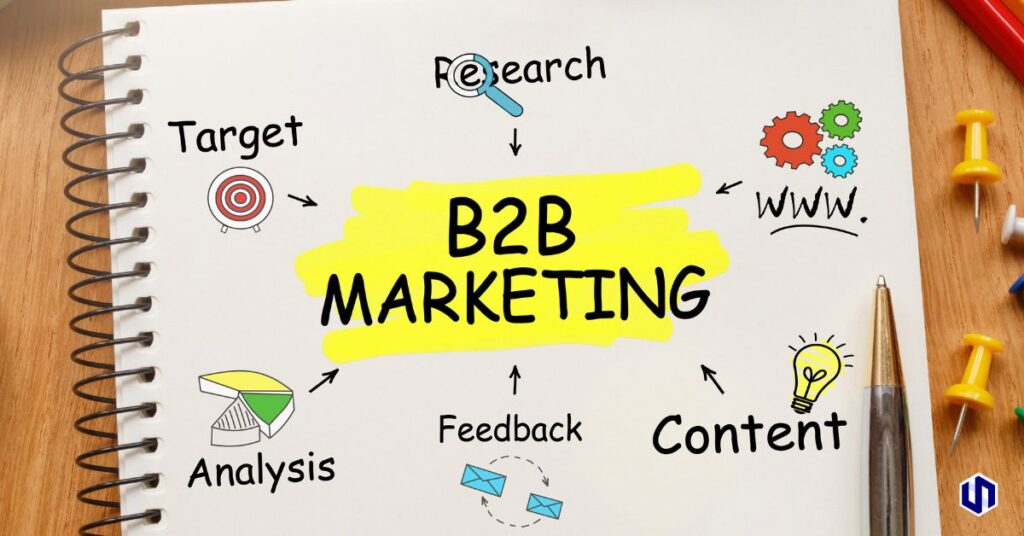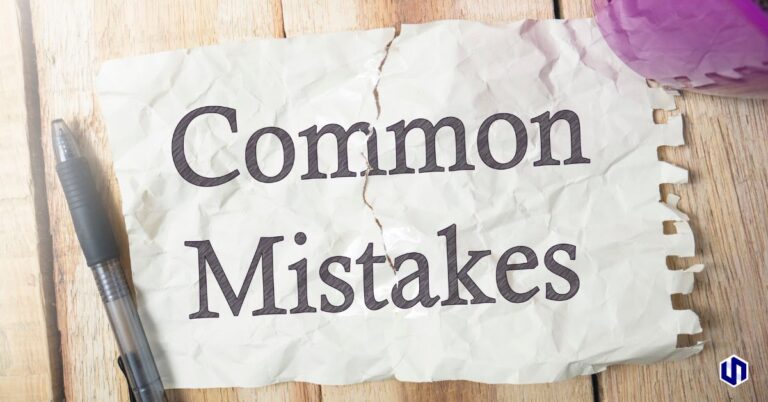
Top Hreflang Mistakes and How to Avoid Them
Hreflang optimization may seem daunting, but when done correctly, it’s a game-changer for international SEO. Avoid these common mistakes, regularly audit your tags, and stay informed about best practices.

When it comes to running a marketing campaign for B2B (business-to-business), the stakes are high. Unlike B2C, where emotional appeal and impulse buying often drive decisions, B2B campaigns must cater to logic, value, and long-term goals. With multiple decision-makers involved, the process is complex, but with the right strategy, your campaign can resonate, convert, and deliver measurable ROI.
Let us explore actionable strategies to craft a compelling B2B marketing campaign. From defining your audience to leveraging cutting-edge tools, we’ve got you covered.
A successful B2B marketing campaign begins with a deep understanding of your audience. This goes beyond demographics—you need to identify:
● Pain points: What challenges do they face daily?
● Goals: What do they aim to achieve in the short and long term
● Decision-makers: Who has the final say, and who influences the decision?
Create detailed buyer personas that include job roles, industries, challenges, and motivations. For example, a CFO may prioritize cost efficiency, while a marketing manager may look for tools to improve team collaboration.
Without clear goals, your campaign is a ship without a compass. Define what success looks like before you launch your campaign. Are you aiming for:
● Generating leads
● Boosting website traffic?
● Strengthening brand awareness?
“Increase website traffic by 25% and generate 50 qualified leads within the next 3 months.”
Clear, measurable objectives will guide your strategy and ensure accountability.
Not all platforms are created equal for B2B marketing. While Instagram may dominate in B2C campaigns, platforms like LinkedIn, email, and content marketing reign supreme in the B2B space.
● LinkedIn Ads: Ideal for targeting professionals by industry, job title, and company size.
● Email Marketing: Perfect for nurturing leads with personalized messages.
● Content Marketing: Whitepapers, case studies, and blogs demonstrate your authority.
● Webinars: A powerful way to showcase expertise and build trust.
B2B buyers are bombarded with options, so your campaign needs to clearly articulate why your solution is the best choice.
Your value proposition should answer:
● Why should businesses choose you?
● What makes your solution unique?
● How will it improve their operations or solve their problems?
Use testimonials, case studies, and data-driven results to back up your claims.
B2B marketing thrives on personalization. Account-Based Marketing (ABM) allows you to focus on high-value accounts by tailoring campaigns to their specific needs.
Instead of sending a generic email blast, customize your messaging based on each prospect’s pain points or industry trends. Tools like HubSpot or Salesforce can automate and streamline this process.
Content is the backbone of any successful B2B marketing campaign. Whether it’s an engaging blog post, an insightful whitepaper, or a case study, your content should:
● Educate your audience.
● Establish trust and credibility.
● Highlight your product’s role in solving real problems.
Optimize your content for search engines (SEO). Use relevant keywords like “marketing campaign for B2B”, and ensure your content answers specific search queries.
In B2B, the buying journey is often long and involves multiple touchpoints. Lead nurturing ensures prospects don’t slip through the cracks.
● Use email workflows to guide prospects through the funnel.
● Retarget visitors who leave your website without converting using tools like Google Ads or Facebook Pixel.
If someone downloads a whitepaper, follow up with an email offering a demo or consultation.
Your work doesn’t stop after the campaign launch. Analyze performance metrics to identify what’s working and what isn’t.
● Website traffic: Are you attracting the right audience?
● Lead conversion rates: Are visitors turning into leads
● Customer acquisition cost (CAC): Are you staying within budget?
Use analytics tools like Google Analytics, HubSpot, or SEMrush to gather insights and refine your strategy.
Running a successful marketing campaign for B2B requires a mix of strategy, creativity, and data-driven decisions. By understanding your audience, delivering value, and continually optimizing your efforts, you can create campaigns that not only meet but exceed your business goals.
Want expert help with your B2B campaigns? At Infinutus, we specialize in crafting tailor-made strategies that drive results. Let’s connect and transform your marketing efforts into measurable success.
By implementing these strategies, your next B2B marketing campaign can stand out in even the most competitive industries. Ready to take your marketing to the next level? Reach out to us at Infinutus today!
Elevate your online presence with endless opportunites at Infinutus – where innovation meets excellence.

Hreflang optimization may seem daunting, but when done correctly, it’s a game-changer for international SEO. Avoid these common mistakes, regularly audit your tags, and stay informed about best practices.

Expanding into international markets requires a blend of strategy, cultural awareness, and technical expertise. By avoiding these common international SEO mistakes, you can lay the groundwork for success and position your brand for growth worldwide.

Avoiding these common link-building mistakes can make all the difference between a successful SEO strategy and one that falls flat. Link building isn’t just a numbers game—it’s about relevance, quality, and consistency.
